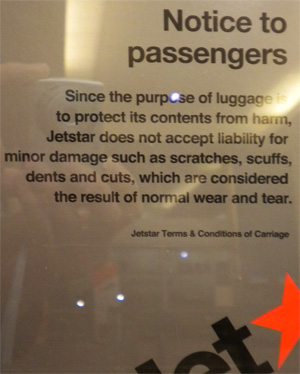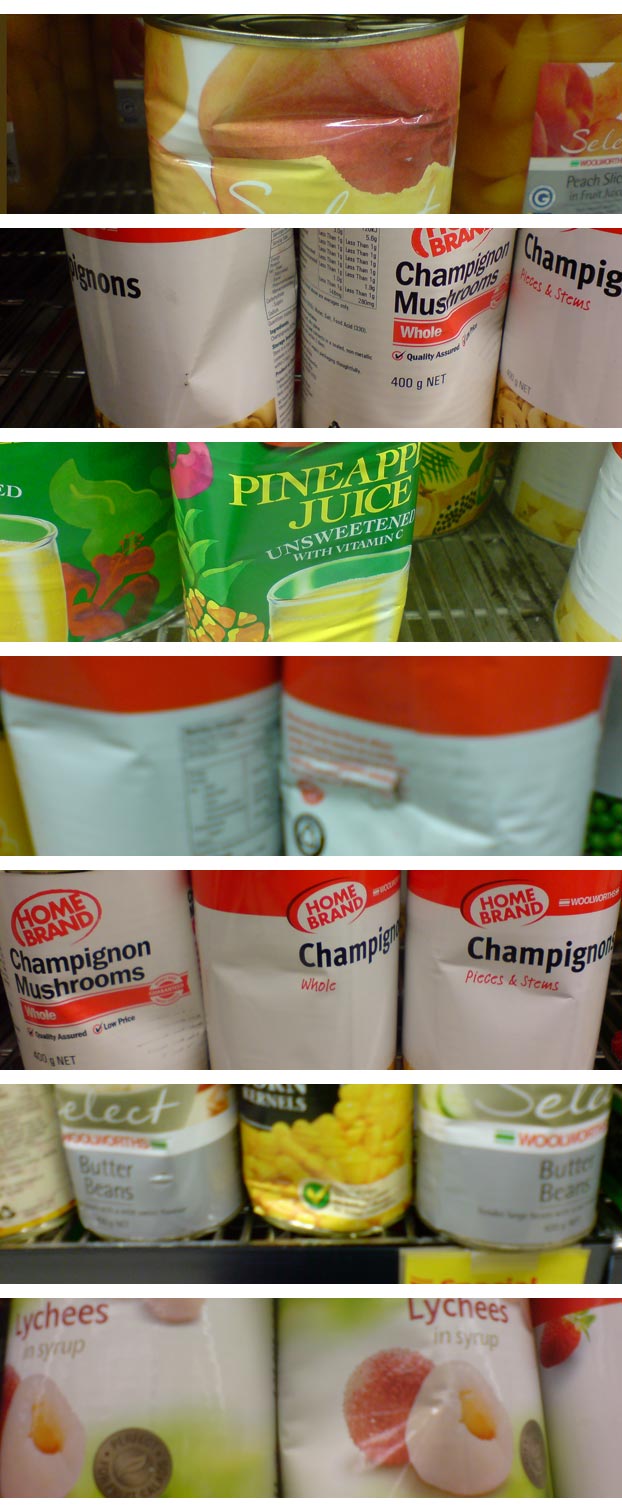
![]()
My suspense-thriller novel is called ‘Z’. At the back, it invites readers to request a missing chapter which describes how liquids can be used by terrorists to blow up airlines. That scenario was outlined more than two years before anyone had thought about it, and before the security scare that shut-down London’s airports; and two years before airports started to request that passengers not carry liquids or gels on board. When it all hit the front pages, I recall a violinist refusing to surrender the violin to the luggage department. She said, ‘I have been travelling with my violin for years. I must carry it on board.’ The violinist was explaining that the instrument is priceless. The insurance policy rates it as a $15 million dollar instrument, and the policy forbids her from sending the violin down with the cargo. The airline would not listen, and refused passage. The musician and her orchestra had to travel by boat! Thereafter, musicians came out in force, saying, ‘Airlines force us to sign a release-form, which exonerates the baggage-handlers and the airlines. This is not acceptable.’ Indeed, I would not relinquish a violin. For similar reasons, I have never sent my notebook computer down that chute. I always carry it with me. I have seen how baggage handlers treat luggage when they are loading the planes. One can only wonder how much more disrespectfully they handle the gear when they are not in full view of the public. I have had my fair share of damaged goods.

When I wrote to Mr Brett Godfrey, the CEO of Virgin, I doubt he saw the letter. Some underling wrote to apologise but took no responsibility whatsoever. They denied having damaged my goods. I have footage of the Virgin staff mishandling luggage. Sure, one can expect wear and tear, but bags have handles, so lifting bags by their zipper or other protruding element, and chucking them about, does not constitute wear and tear. It’s more like rip and burn.
Anyway, one musician told me that apart from mistreatment, the temperature and the pressure in an airline’s luggage compartment could damage the instrument. If you would like to see what I mean, place a new packet of chewing gum in your luggage and retrieve it upon arriving at your destination. You will note that the chewing gum (I use Wrigley’s Extra) becomes stiff due to the excess cold. And before an airline writes to me and tells me about the air pressure being equalised and calibrated, I would respond thus: ‘If that’s the case, then why do you prohibit certain cans and sprays and pressurised containers in luggage?’
My local Woolworth’s supermarket has a team of night packers. I see them in action, because I like to shop late at night when there is little traffic and fewer shoppers. I see how the packers handle the boxes. Imagine how many people handle the products before they find their way onto the shelf. Every time I go into that store, I visit the hair-care section and the tinned section. It amazes me that staff members have little respect for the products they handle. These are heavy-duty tins. You could stand on them and jump, without damaging them. I have a feeling that we could line-up a few of them and drive a car on top. These are tough cans. So imagine the mishandling that causes this type of damage (see photos below). I once dined with a two senior managers from the Woolworth’s group. One laughed at me for protesting about the fresh milk being placed at the back. I insisted that I prefer the fresh article because I am forever throwing milk away. Last night, I had to ditch 2 litres! The fresher item was better for my household because it has a longer use-by date. The second manager told me about an ingenious staff member who had suggested that the fridges at the supermarket should be turned up (meaning, not made so cold). By raising the temperature of all the fridges and freezers by one or two degrees, the company maintained the freshness of the food, while saving thousands of dollars in electricity. Count all the stores and all the fridges across all the supermarkets around the world. If each managed their fridges a little better (the same goes for Cocal Cola, the company that perhaps owns more fridges than anyone on the planet), we could save a lot of energy and pollution; not to mention money.
With these observations ringing in my head, I wonder how many cans are damaged and why this is tolerated. I wonder how much it costs Woolworth’s or the supplier or ‘someone’, not to mention the expense in transporting them to land-fills, and the subsequent flies and rotting food once the rust had broken through all those cans.
Two weeks ago I was at my local supermarket and I saw a night packer not only dropping, but throwing boxes of goods on the shop floor. Rather than walk three steps to where a box needs to be placed for later unpacking, she would just throw the box there, irrespective of its contents, whether it was pasta, drink bottles, or canned goods. So I kept an eye on her. The sound of boxes thumping on the floor could be heard from anywhere in the store. Her colleagues were all around her. Did anyone dare to notice or say anything? No. So it fell upon me. And I am not even one of the 380,000 shareholders. I approached the front counter and two young women told me that they are only in charge of the supermarket, not the night packers, but they did promise to tell the back-room manager. But why does it fall upon me to point this out? In the scheme of things, Woolworth’s is a massive company celebrating 85 years in retail, assisted by 191,000 employees, turning over 50,000,000,000 (50 billion) dollars. And that’s a small group in a small country. Just imagine Walmart with 2 million staff members, selling US$401,000,000,000 (401 billion) across 4,200 stores.
Well dear reader, I am not trying to save tin cans. Nor am I trying to save the planet. I am just wondering who something that is so obvious can go unchallenged. No staff member seems to care to solve this problem. Somewhere, somehow, someone is dropping the boxes. Maybe accidents can’t be avoided. But every single week? Something needs a manager’s attention. Yet again I ask, where have all the managers gone? Besides, accident or carelessness: why place the damaged tin on the shelf?

![]()

Comments are closed.